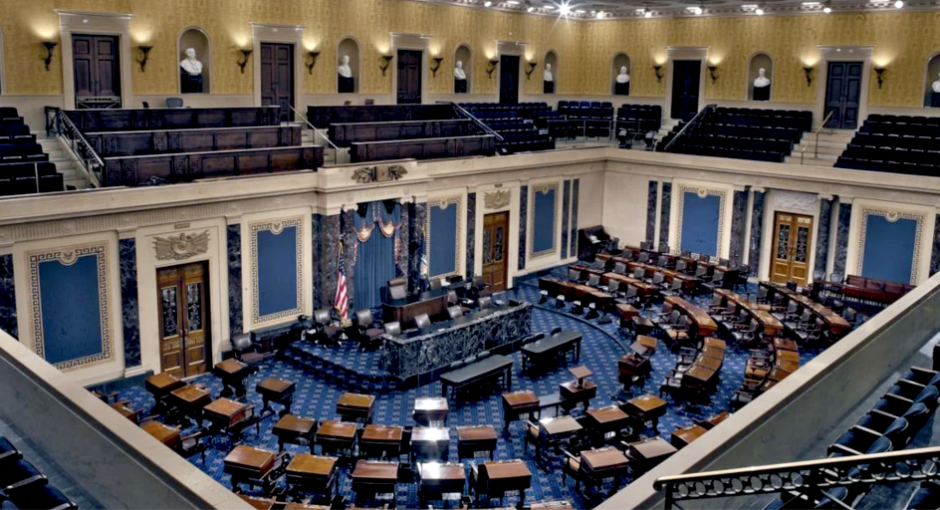Senate Democrats said yesterday they would know this week whether an updated Senate drug pricing bill meets the criteria for passage via budget reconciliation, which requires just 50 Democratic votes. The bill remains on track for a floor vote before the Senate’s Aug. 8 recess.
The bill, dubbed the Inflation Reduction Act of 2022, is also expected to include provisions from stalled legislation aimed at making insulin drugs more affordable.
The bill is still being vetted by the Senate parliamentarian to ensure it complies with Senate rules, a source with knowledge of the process told 340B Report. That process “is expected to be completed later this week [but] I don’t have a specific day at this point. Once that is complete, the bill will go to the floor for a vote.”
To pass via reconciliation, a bill must increase or decrease the budget or government spending. The bill’s key provision enables Medicare to negotiate with drug companies on the prices of particularly costly, single-source prescription drugs, starting with 10 drugs starting next year, with the prices taking effect in 2026. The number would increase to 15 in 2028 and 20 in 2029.
The legislation has language pushed for by 340B entity groups to be included in the spending package that would allow 340B providers to get the lower of the 340B price or any negotiated Medicare rate.
Insulin pricing has been another key issue for 340B entities, as insulin and diabetes drug makers were among the first to put conditions on 340B pricing when entities use contract pharmacies.
However, it remained unclear which specific elements of the dead-ended Improving Needed Safeguards for Users of Lifesaving Insulin Now (INSULIN) Act, sponsored by Sens. Jeanne Shaheen (D-N.H.) and Susan Collins (R-Maine), would be folded into the drug pricing legislation.
“Some [insulin] policies are set to be included,” the source confirmed.
The insulin bill was designed to incentivize insulin makers to reduce their list prices. For example, insurers and pharmacy benefit managers would be prohibited from getting rebates on insulins if manufacturers capped the list price to the 2021 net prices for Medicare Part D or equivalent levels. The bill also included a waiver of any applicable deductible, and limited copays or coinsurance to no more than $35 per month or 25% of the list price.
Sen. Raphael Warnock (D-Ga.), who had sponsored his own legislation to lower the cost of insulin, issued a statement Monday.
“While I’m disappointed that Washington Republicans killed a popular, bipartisan plan that would significantly improve access and affordability for insulin users, I’m pleased that my plan to cap insulin costs at $35 a month is being added to robust legislation that will strengthen health care access and lower rising costs for Georgians.” Warnock’s Affordable Insulin Now Act, had also capped out-of-pocket insulin costs at $35 for private insurance and Medicare plans.
Sen. Joe Manchin (D-W.Va.), who has often broken with his party over Democrat spending packages, voiced his support for the revised drug pricing bill in a statement issued Monday.
“Rather than risking more inflation with trillions in new spending, this bill will cut the inflation taxes Americans are paying, lower the cost of health insurance and prescription drugs, and ensure our country invests in the energy security and climate change solutions we need to remain a global superpower through innovation rather than elimination,” he said. According to published reports, Senate Majority Leader Chuck Schumer (D-N.Y.) was able to broker a last-minute deal with Manchin to get the West Virginia senator on board.
The bill’s proponents needed Manchin’s support to gain a simple majority required to pass the bill via reconciliation. The Senate is split 50/50, with Vice President Kamala Harris, as Senate president, able to cast the tie-breaking vote.
COVID-19 is a key factor in determining the timing of the potential floor vote. Several Senators from both parties have contracted COVID over the past few weeks and Democrats will need to make sure they will have enough of their caucus present to get it through the finish line.


